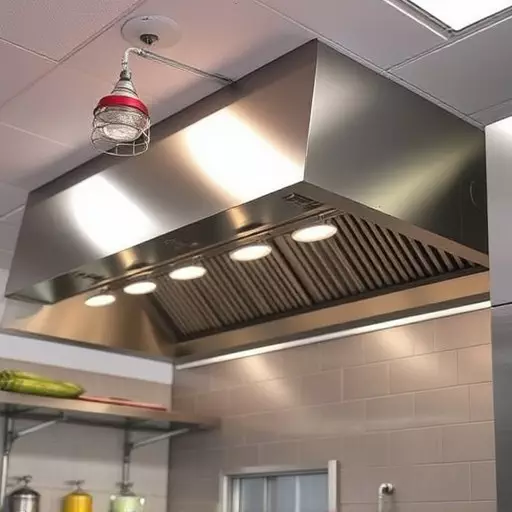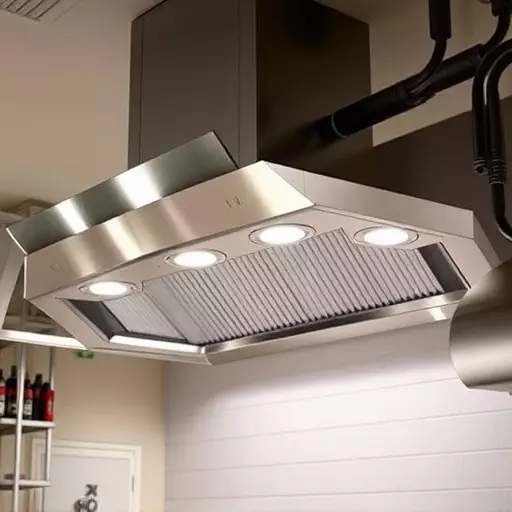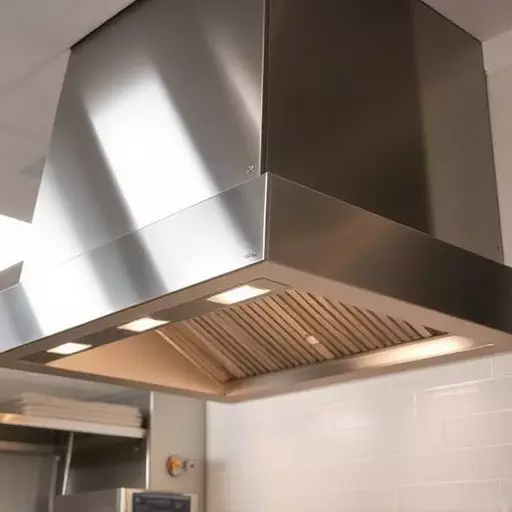A Kitchen Fire Safety Documentation Audit in Jacksonville ensures commercial kitchens meet stringent fire safety standards through thorough inspections of kitchen suppression systems, including hood suppression systems. Trained professionals verify installation, maintenance records, and certification, documenting findings for ongoing compliance with fire codes. These crucial inspections promote a safer cooking environment by regularly checking fire suppression system functionality, testing suppressants' effectiveness, and ensuring strategic positioning to combat grease fires, thereby safeguarding lives and property from culinary-related blazes.
“In every home, the kitchen poses a unique fire risk. To mitigate these dangers, understanding and maintaining an effective kitchen suppression system inspection Jacksonville is paramount. This comprehensive guide delves into the intricacies of fire suppression compliance checks, highlighting the key components of a kitchen suppression system inspection in Jacksonville. Regular hood suppression system inspections are not just recommended; they’re essential for ensuring safety and fire code compliance.”
- Understanding Kitchen Fire Safety Documentation Audit
- Key Components of a Kitchen Suppression System Inspection in Jacksonville
- Fire Suppression Compliance Checks: What to Expect
- Importance of Regular Hood Suppression System Inspections
Understanding Kitchen Fire Safety Documentation Audit
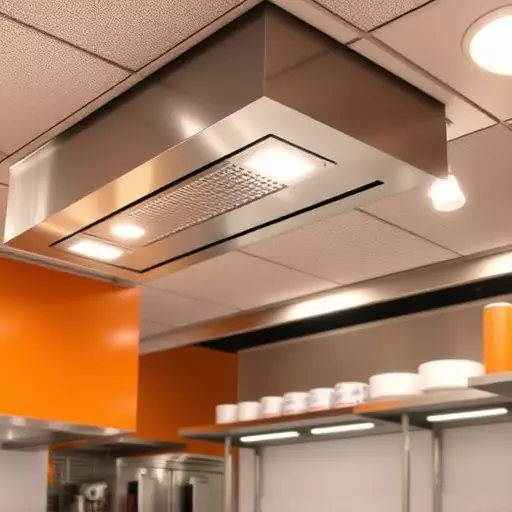
A Kitchen Fire Safety Documentation Audit is a comprehensive review process designed to ensure that commercial kitchens in Jacksonville adhere to strict fire safety standards and regulations. It involves a meticulous examination of various aspects, including fire suppression systems, such as kitchen suppression systems and hood suppression systems. These inspections are crucial for identifying potential hazards and ensuring compliance with local fire codes.
During the audit, trained professionals conduct thorough checks, examining the functionality, maintenance records, and documentation related to fire suppression equipment. They look for proper installation, regular testing, and certification of these critical safety mechanisms. By documenting findings, auditors help kitchen managers and owners stay up-to-date with fire suppression compliance checks, thereby fostering a safer cooking environment.
Key Components of a Kitchen Suppression System Inspection in Jacksonville

When conducting a kitchen suppression system inspection in Jacksonville, several critical components must be evaluated to ensure fire safety compliance. These inspections are crucial for identifying potential hazards and confirming that the hood suppression system is operational and up to code. Among the key aspects to examine are the overall design and installation of the system, including its proper integration with the kitchen’s layout and ventilation. The inspection should verify that all exhaust hoods are equipped with appropriate fire suppression nozzles or devices, regularly maintained, and strategically positioned to mitigate grease fires, a common risk in commercial kitchens.
Additionally, firefighters in Jacksonville must assess the functionality of the suppression system during operation, testing the discharge of fire suppressants and ensuring they effectively extinguish fires without causing unnecessary damage. Regular maintenance records should be thoroughly reviewed to confirm timely inspections, cleaning, and necessary repairs. Compliance with local fire codes and standards is essential, ensuring that the kitchen suppression system inspection Jacksonville facilities undergo aligns with safety regulations, ultimately safeguarding lives and property from potential culinary blazes.
Fire Suppression Compliance Checks: What to Expect
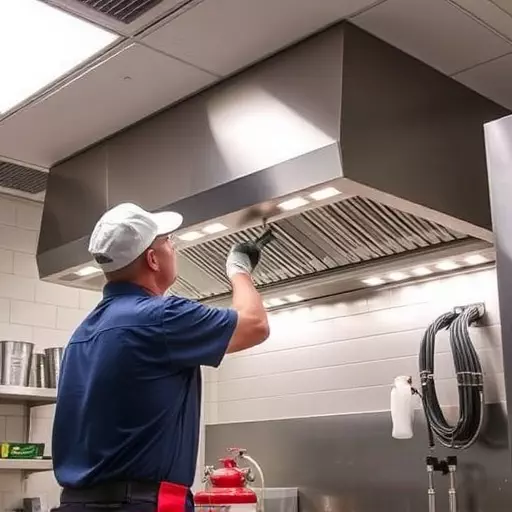
When conducting a kitchen fire safety documentation audit, one crucial aspect is the evaluation of fire suppression systems. Specifically, fire suppression compliance checks involve a thorough inspection of kitchen suppression systems, ensuring they meet the necessary standards and regulations. In Jacksonville, for instance, businesses can expect professionals to assess their hood suppression systems and related equipment during these audits.
These inspections typically cover various components, such as the functionality of sprinkler heads, proper installation and maintenance of fire suppression hardware, and adequate clearance around cooking equipment. By adhering to fire suppression compliance checks, establishments maintain a safer environment, reducing the risk of kitchen fires and potential liabilities.
Importance of Regular Hood Suppression System Inspections

Regular inspections of your kitchen’s suppression system, particularly the hood suppression system in Jacksonville, are non-negotiable for any commercial kitchen. These inspections ensure that your fire suppression equipment is in optimal working condition and ready to activate in the event of a fire. Compliance checks should be conducted by certified professionals who can identify any issues or wear and tear, ensuring immediate replacement or repair.
A thorough hood suppression system inspection includes evaluating the system’s functionality, checking for proper maintenance records, and confirming that all components are up to code. By maintaining regular inspection schedules, you not only safeguard your kitchen from potential fires but also comply with fire suppression regulations, thus avoiding hefty fines and legal issues.
